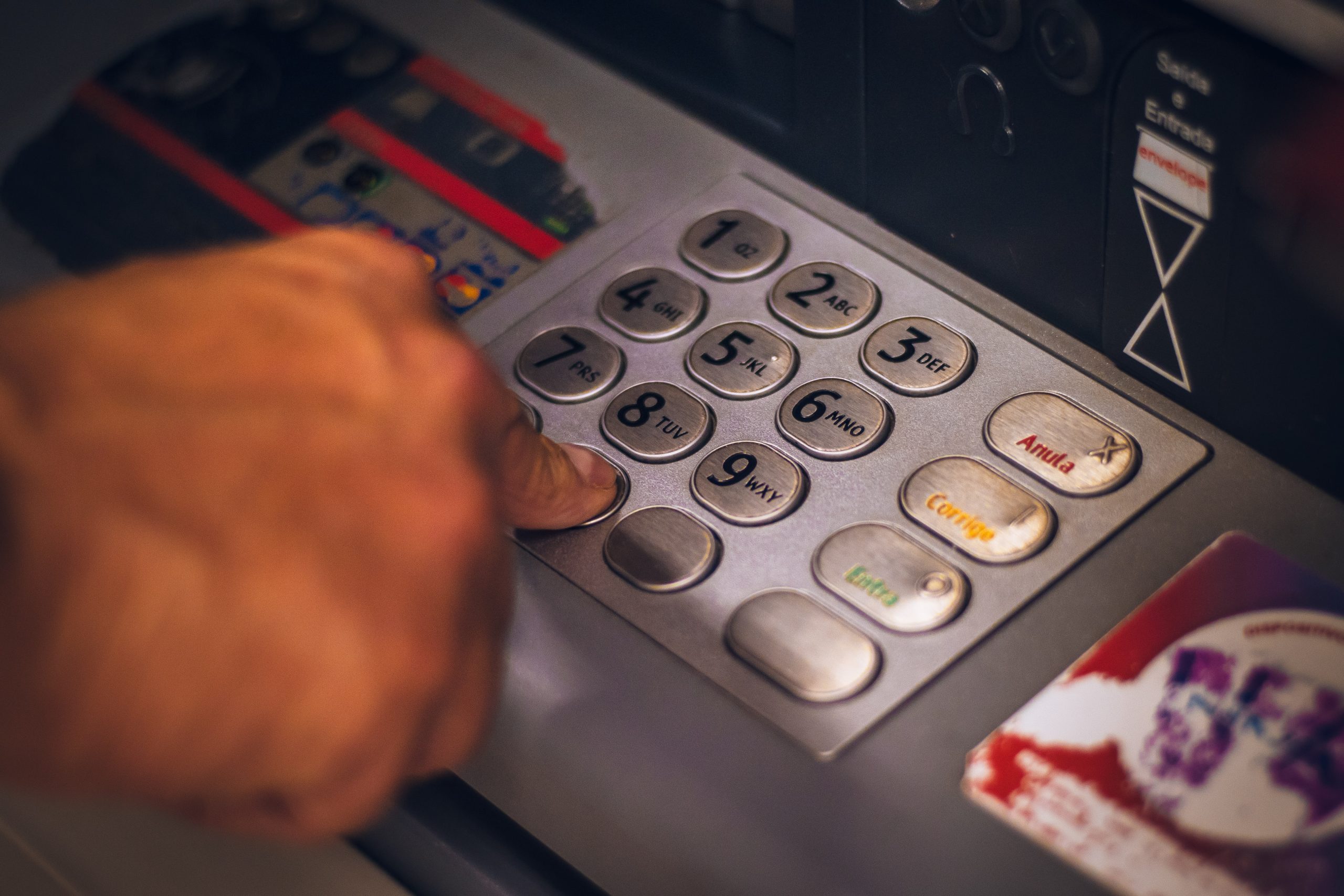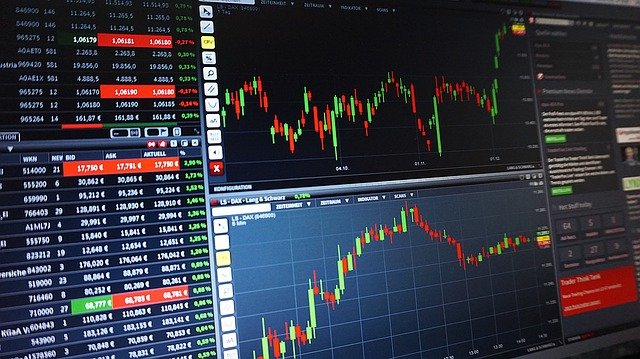What Exactly Is a Recurring Deposit and How Does It Work?
In a recurring deposit programme, the investor deposits a certain sum every month for a specific period of time, which typically ranges from one to five years. When compared to fixed deposits, the recurring deposit scheme has one key difference: under a fixed deposit scheme, the investor must deposit a large sum once and leave it untouched for a length of time. People who do not have a lump sum or who want to invest a specific amount each month typically select Recurring Deposits. The principal amount invested, along with the interest earned, is refunded at the conclusion of the term. For recurring deposits, interest is normally calculated on a quarterly compounding basis.
The Benefits of Recurring Deposits
- Useful for setting short-term objectives.
Investing in a Recurring Deposit is risk-free and provides guaranteed profits. If you have short-term investment goals, investing in mutual funds and stocks may not be a safe bet. Because of the nature of RD, investors considering short-term goals in a time frame of 1 to 3 years prefer to participate in RD. Consider the following scenarios: Recurring Deposit may be the best financial instrument for you if you need to deal with a short-term financial emergency.
- Your children’s annual schooling fee
- Higher education costs more if you are employed.
- If you own a property, you should consider the expenditures of decorating and renovating it.
- Vacation in another country
- Managing Wedding Expenses
- Features of Online Recurring Deposit
Investing has just been easier, with virtually all significant banks now offering online Recurring Deposit services. The consumer may deposit funds into a Recurring Deposit account, terminate the account, start another, amend the information, examine transactions, deposit data, and much more online. Consider placing an investment and receiving money without ever leaving your house – investing in a Recurring Deposit is as simple as that.
- Interest Rates on Recurring Deposits
The interest rate on a recurring deposit is determined by the term and amount of the deposit. In most circumstances, the interest rate on a recurring deposit is quite close to that of a fixed deposit. RD interest rates range from 7.25 per cent to 9 per cent, depending on the bank and the plan selected by the consumer. Furthermore, several banks provide greater loan rates to older individuals. You may also use an RD calculator to figure out how much money you’ll earn based on your deposit amount, interest rate, and duration.
- Investment Ease
In a Recurring Deposit programme, the investor must deposit a predetermined amount every month in order to develop a savings discipline. For salaried clients, it will be easier to set up a specific amount each month as savings, and Recurring Deposit is the greatest option for this. Furthermore, RD schemes provide assured returns and the rate of interest for RD is fixed, protecting the investor from interest rate fluctuations.
- Adaptable Recurring Deposit
Some banks provide flexible Recurring Deposit plans in which the investor is not punished if the sum is not deposited within a specific month. Furthermore, with a flexible RD plan, you will be able to withdraw funds from your RD account whenever you wish.
The Drawbacks of Recurring Deposits
- Liquidity
When you deposit money in an RD, you will never be able to withdraw any portion of it until the duration of the deposit expires. As a result, regular deposits are a terrible option if you’re seeking a quick source of liquidity. On the other side, if you wish to be more disciplined with your funds, this disadvantage may work in your favour.
- Rate of Interest
The interest rate on recurring deposits is substantially lower than the interest rate on conventional fixed deposit plans since your deposits are made in periodic instalments rather than in one lump sum.
- Stringent Monthly Installments
It is not possible to adjust your deposit amount in the event of recurring instalments, regardless of your current financial condition. With a set monthly investment amount, anyone with the possibility of having more or less cash for the deposit should be deterred from choosing this product.




